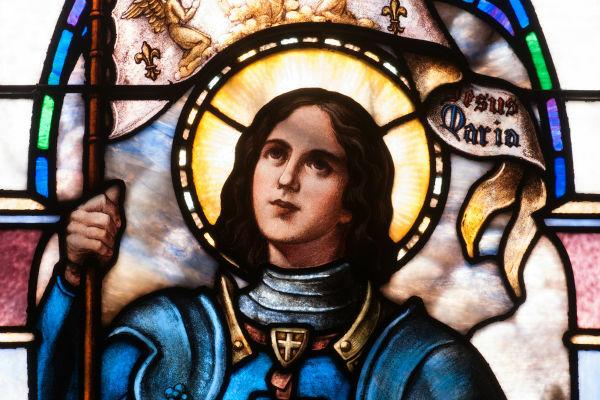In the mythological period there were countless explanations for all the transformations and all the phenomena that occurred in nature, but over time such explanations did not satisfy people because of their incoherence. Then came the need to gather accurate and rational information about such things.
The first philosophers, as they searched for their answers in nature and also saw through it the explanations about the origin, the transformations and the order of all the things that occurred, they asked themselves how such transformations could occur, they tried to understand what was the beginning of all the stuff. For a better understanding, think: “which was born first: the chicken or the egg?”. Based on this thought, we can compare the questions that the first philosophers made.
The movement that made nature (kinesis) would explain how the world changes permanently. Everything in the world lives in constant transformation, going from one state to its opposite, that is, day-night, hot-cold, chiaroscuro and others. Though they agreed on the ever-changing nature, philosophers disagreed on the eternal and unchanging principle that would give rise to nature.
Thales argued that the eternal principle was water, Anaximenes argued that the eternal principle was air or cold, Anaximander argued that the eternal principle was the unlimited, Heraclitus held that the eternal principle was fire, Pythagoras held that the eternal principle was numbers, Empedocles held that the eternal principle it was water, earth, fire and cold, Anaxagoras argued that the eternal principle was the seeds while Leucippus and Democritus defended the eternal principle through the atoms.
By Gabriela Cabral
Brazil School Team
Philosophy - Brazil School
Source: Brazil School - https://brasilescola.uol.com.br/filosofia/primeiros-filosofos.htm

